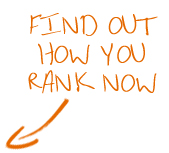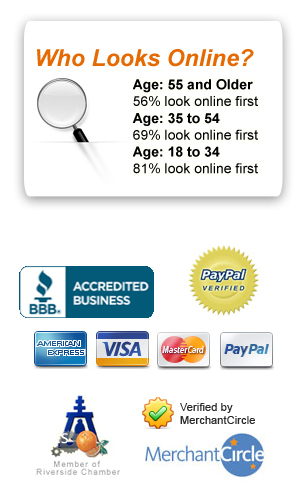Where Do I Rank on Google Search
CALL: (800) 930.1798


Get Your FREE Website SEO Analysis Now!
FREE Report Includes
- Keyword Suggestions
- Keyword Rank Check
- Website Analysis
- Online Social Media Presence Review
- SEO Recommendations
- On Site Recommendations
- Off Site Recommendations

Figuring Out Where You Rank on Google Search
Google.com is the number one site people go to for information, whether it’s on hamsters, the French Revolution, or Jennifer Lawrence’s favorite flavor of ice cream. If you own a business website, one of the most important questions you can ask is “Where do I rank on Google Search?”
If you think you're the only person asking, “Where do I rank on Google Search?”, think again. In fact, if you type in “Where do I rank on Google Search?” into Google, you’ll get a host of articles telling you how to find out, as well as how to boost your ranking. Here are some things to keep in mind as you try to use the Internet's most powerful search engine to your advantage.
What You Shouldn’t Do
Don’t use a rank-locator program that violates Google’s terms of service, particularly programs that send automatic queries to Google. Google will block them, and you'll have wasted your time and money.
What You Should Do
Worst comes to worst, you can always run a Google search on your name and browse through the search results to see where you're ranked. However, this is incredibly time-consuming, not to mention mind-numbing. There are more efficient ways to get the information you’re looking for.
If you have analytics software working in tandem with your site, it should be able to tell you the last URL address a person was visiting before they found their way to your page. If it was a Google Search page, you’ll see the exact page number it was.
Your web server logs are another good place to find out what sites are referring people to your page. They’ll need to be in a format that includes referrer information, such as combined log format.
If you aren’t already using Google Webmaster, you should consider doing so. It can show you all the keywords that people used to find your site, what position Google has ranked you, and once you provide it with your webpage’s XML site map file, it can get your site quickly indexed into Google.
How Does Knowing Where You Rank Help You?
An important follow-up question to “Where do I rank on Google Search?” is “How does knowing that help me?” If you’ve gone through the trouble of learning SEO and optimizing your site accordingly, it’s probably because you want more web traffic, which will lead to more dollars in your pocket. It's the page views that are important, not necessarily a higher page ranking. If that’s the case, you should definitely do the following:
Make sure your page is in Google Index. You can check by running a Google search on your URL. It may not be on the first page, so you’ll either have to continue searching manually or use the advanced search options to focus on the date you last updated your page.
If you don’t have analytics software, get it installed immediately, use it to learn if people are using Google to find your site and what keywords they’re typing in, and adjust your SEO strategy based on what you learn.
Above all, don’t give up. “Where do I rank on Google Search?” is an important question to keep asking yourself. Just be sure to follow it with “How does knowing that help me?” so you can, if you’ll forgive the re-phrasing, get more buck with your bang.
 Get Your FREE Website SEO Analysis Now!
Get Your FREE Website SEO Analysis Now!
